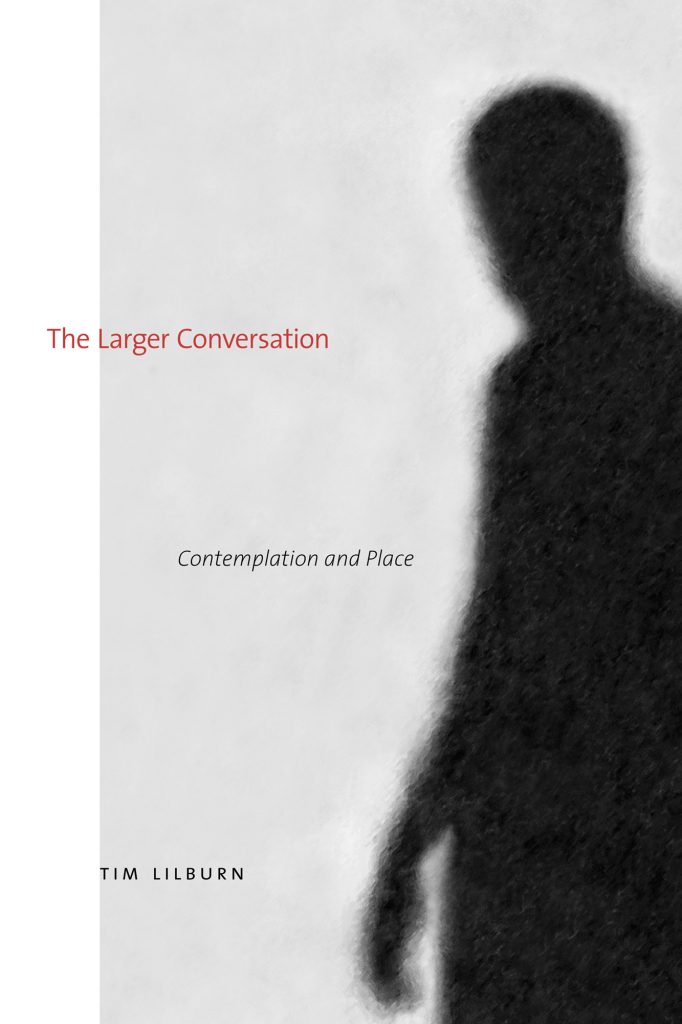“This collection of essays is the third in a series of books in which Lilburn reflects on his own sense of rootlessness, often as a cultural phenomenon. The current book’s emphasis on the colonial condition is new…[The] construal at the heart of the book is individual and specific: North Americans of European descent suffer from a colonial malaise consisting significantly of a malformed relation to place.” Carolyn Richardson, The Fiddlehead
“[Lilburn] feels that beneath ‘the smoothness, the relative fine running of late capitalism,’ there’s a disturbing hunger… And why? Because, argues Lilburn, through chapters on philosophical inquiry, spiritual struggle, deep ecological concern, and unsparing self-confession, we have not truly learned how to live on this land so relatively new to us, a land acquired in many ways through violence and dishonesty… What Lilburn attempts in this larger conversation is to find a way back, through earnest inquiry with philosophers, mystics, poets, and saints stretching back thousands of years, to the ‘essence of nature’…” [Full review at https://thestarphoenix.com/entertainment/books/book-reviews-lilburn-searches-for-meaning-peeteetuce-creates-scathing-depiction-of-phoniness], Bill Robertson, Saskatoon StarPhoenix
“In 1999, writer and poet Tim Lilburn published the non-fiction work Living in the World as if It Were Home, a meditation on humanity’s relationship with the natural environment that has become a classic and was the first book in a loose trilogy examining the connections between politics, environmentalism, philosophy, and modernity. Eighteen years later, the final part of the trilogy, a volume of contemplative essays, is available from UAP.” Quill & Quire
“The Larger Conversation is a beautiful, patient, and persistent philosophical work…. Lilburn suggests that in entering a relationship with place, with any specific place that we care about, we can be seen by place and thus be given our identity—indeed our Being—through a kind of grace. I love this argument and line of thought for its beauty and practicality. It offers a true way to move forward from the colonial past by first making changes to how we perceive reality—a reality that we constantly misunderstand—about how and why and who we are in place.” [Full review at http://canlit.ca/article/being-seen-by-place/], Susie DeCoste, Canadian Literature 236

